Title of Research Grant Proposal
Physical Education Student's Intention of Using the Spectrum of Teaching Style in their Future Work
Purpose of Research Study
She will be giving this presentation at the International Conference on Education and New Developments 2023 in Lisbon (Portugal) on 24-26 June 2023.
Abstract
The spectrum of teaching styles in Physical Education is essential to achieve teaching goals and to increase students’ motivation and their adhesion to physical activities and sports. The purpose of this study was to examine physical education university students´ intention of using the spectrum of teaching styles according to their academic level and year. This research followed a quantitative descriptive methodology using a survey with a standardized procedure for collecting data via questions to the participants. The sample was made up of 667 Spanish physical education university students (77.8% men and 22.2% women, aged from 18 to 30). A descriptive analysis (mean and standard deviation) and an inferential statistical analysis were carried out using different tests (Student’s t test and ANOVA). The results of this investigation show that in general students prefer to use reproductive styles (3.24±1.53) rather than productives styles (3.10±.55) in their future work as physical education teachers. Although, guided discovery and divergent production receive higher scores than other teaching styles and both of them are included in the productive styles cluster. The level of academic studies (Master’s degree students or Degree students) influences the intention of using reproductive styles (t (50.481) = -2.025, p = .04) and productive styles (t (47.997) = -1.935, p = .05). Furthermore, the year of studies they are currently in also influences the intention of using reproductive styles (F (4) = 2.732, p = .02 ηp2 = .01) and productives styles (F (4) = 9.743, p = .00 ηp2 = .05). The intention of using guided discovery, learner-designed, self-check and divergent production styles increases with the years of study. On the contrary, the intention of using the most traditional styles (command and practice) decrease with the years of study. These findings illustrate the future physical education teachers´ intention of using the teaching styles in their future lessons and show how their intention changes during their years of study.
Authors
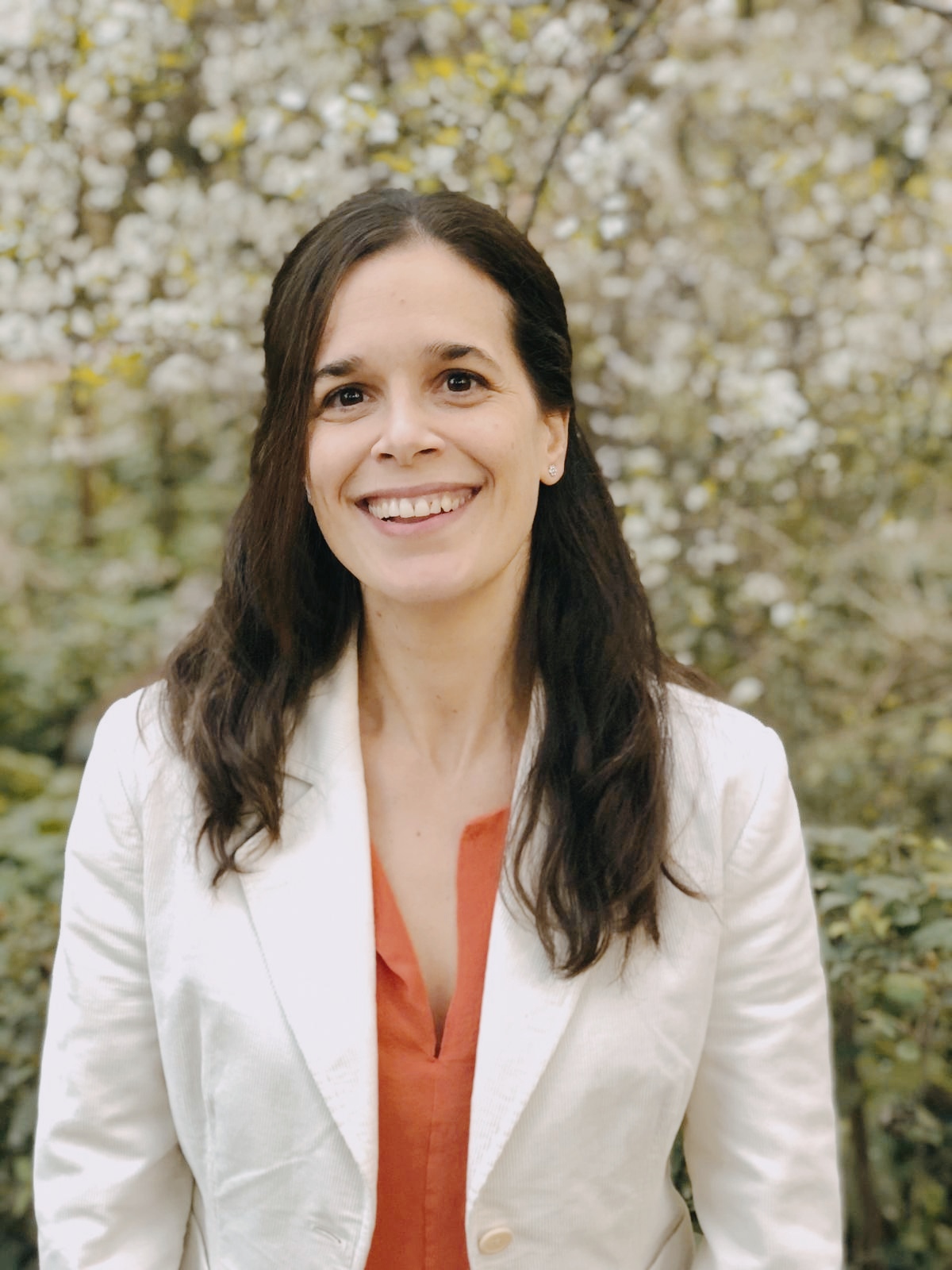
Maria Espada Mateos
Universidad Rey Juan Carlos
Title of Research Grant Proposal
Designing Assessment for Learning Practices in Physical Education Lessons by Using the Spectrum of Teaching Styles Framework: A Qualitative Study
Purpose of Research Study
They will be giving this presentation at 13th Edition of the International Conference The Future of Education, in Florence, Italy on June 29-30, 2023.
Assessment for Learning (AfL) is a daily practice for educators, learners, and peers that investigates, evaluates, and used learning evidence to improve learning through discussions, samples, and observations (Klenowski, 2009). It was seen that Physical Education (PE) teachers were unable to establish a link between theory and practice, and suffered from a lack of sufficient sample and theoretical knowledge while implementation of AfL (Moura, 2021). The purpose of this study was to describe the experiences of a PE teacher on using the Spectrum of Teaching Styles (Mosston and Ahsworth, 1986) for implementing AfL practices in PE lessons. The PE teacher received theoretical education about AfL and Spectrum of Teaching Styles then conducted 12 PE lessons (80 minutes each) with two different 9th-grade classes (total of 68 students). In those lessons, she tried to imply AfL strategies through reciprocal, self-check, and inclusion styles of teaching. Data included from (a) a semi-structured interview with the PE teacher to examine her experiences, (b) the researcher's field notes were taken by observing all lessons and interacting in brief reviews with the PE teacher after each lesson, and (c) documents developed throughout the process, such as lesson plans, task cards, and assessment tools. Member checking, triangulation, and peer debriefing strategies were utilized to ensure trustworthiness. Data were analyzed qualitatively using inductive content analysis and the fidelity of AfL implementation was verified through systematic observation. After content analysis, two themes emerged. 1) The alignment between the structure of Spectrum Teaching Styles and AfL Strategies. 2) Encountered challenges of AfL practices and their effective responses generated by the Spectrum of Teaching Styles framework. Putting the AfL theory into practice was easier using the Spectrum of Teaching Styles framework because the teacher was able to find solutions to practical challenges by modifying task cards or the using structure of another teaching style offered by the Spectrum. It is suggested PE teachers use the theoretical framework provided by Spectrum of Teaching Styles while establishing a link between the theory and practice of AfL strategies.
Authors
HalilEmreCinargur.jpg)
Halil Emre Çınargür
Department of Physical Education and Sports Teaching, Pamukkale University
GokceErturan.jpg)
Gökçe Erturan
Department of Physical Education and Sports Teaching, Pamukkale University
Title of Research Grant Proposal
PSTs Perceptions of Training and Using Spectrum of Teaching Styles
Purpose of Research Study
This will be an oral presentation given at International Association for Physical Education in Higher Education (AIESEP) in Santiago, Chile July 4-7, 2023.
Authors
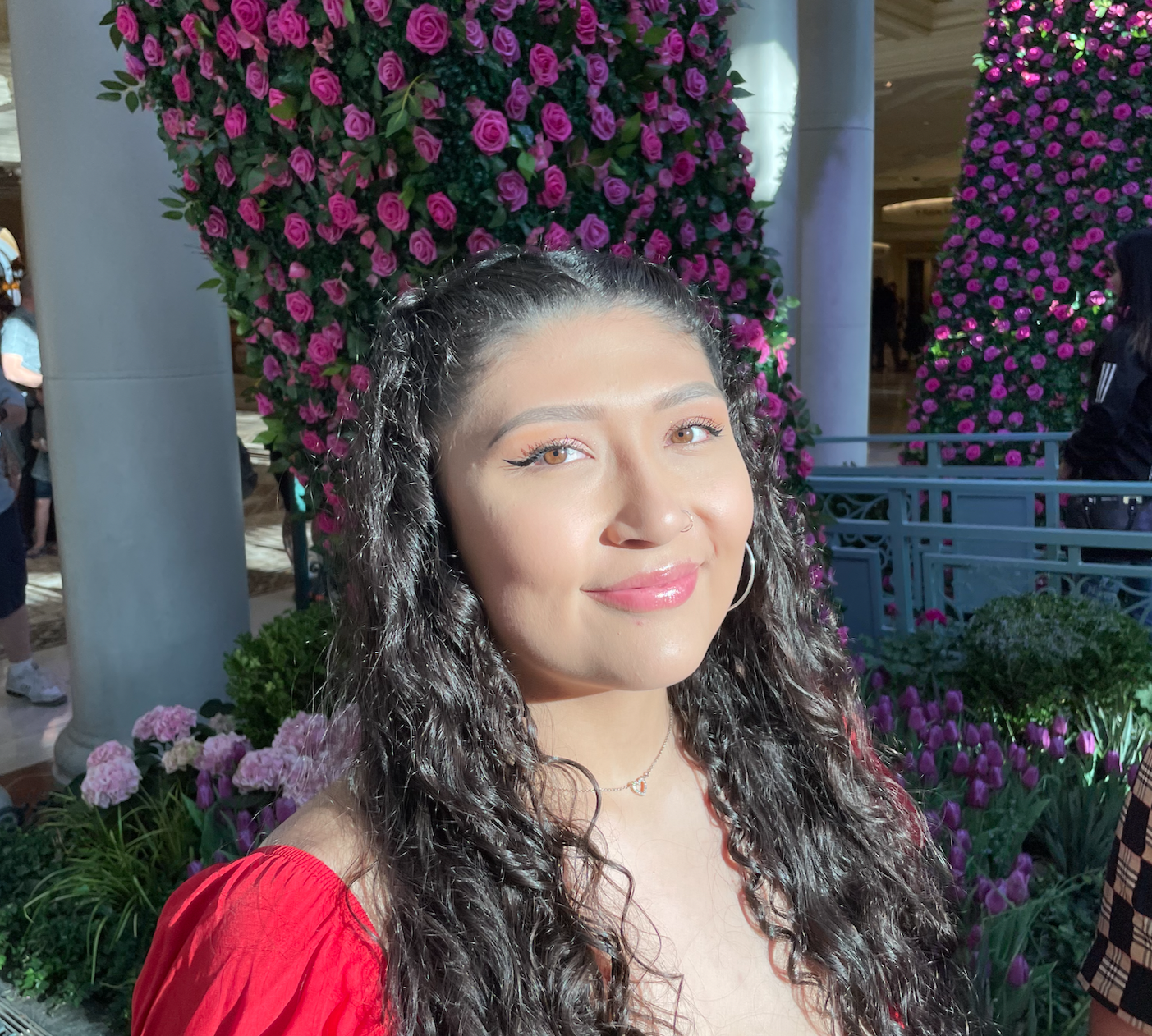
Celina Espinoza
University of Wyoming
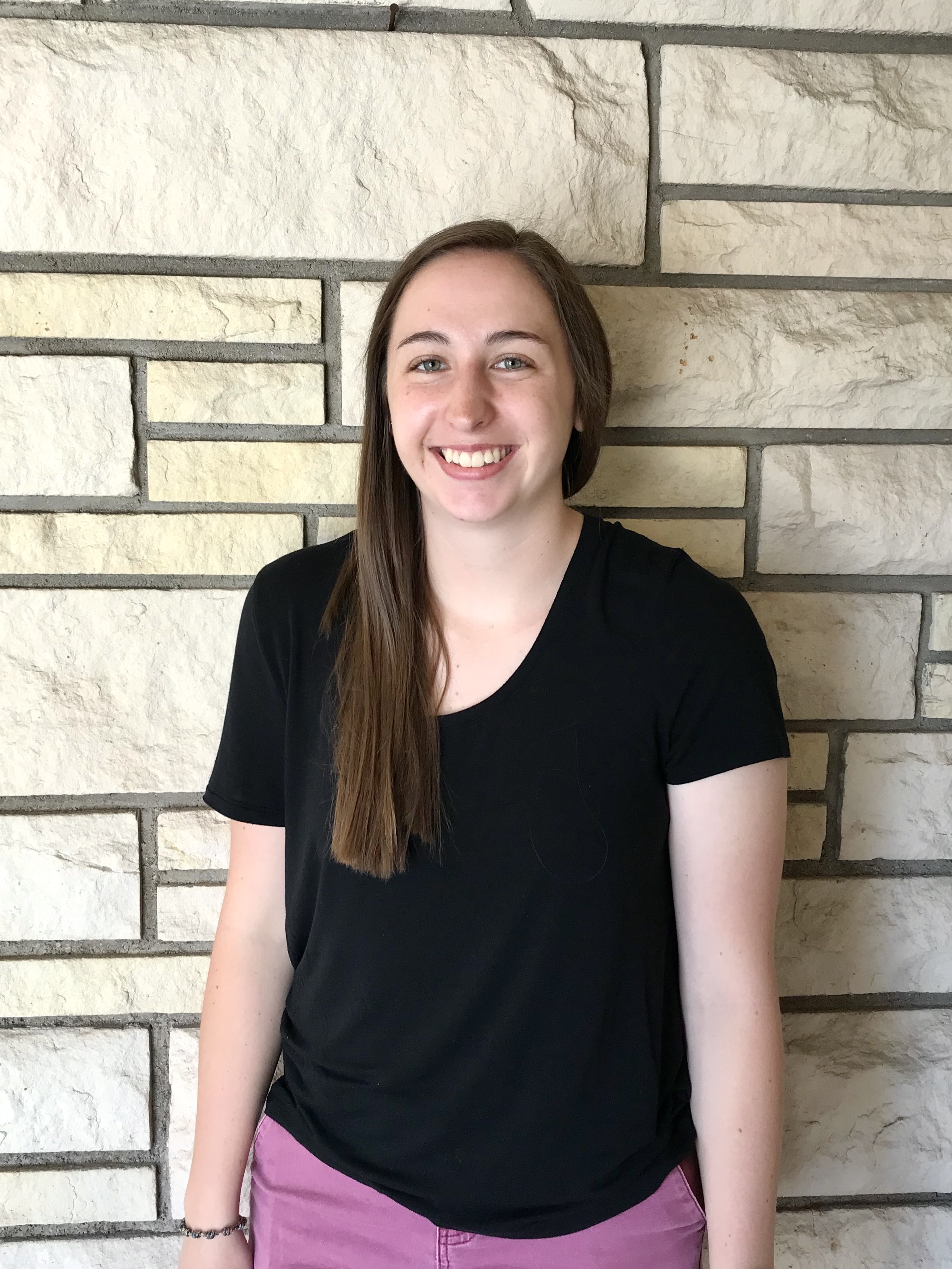
Aimee Gray
University of Wyoming
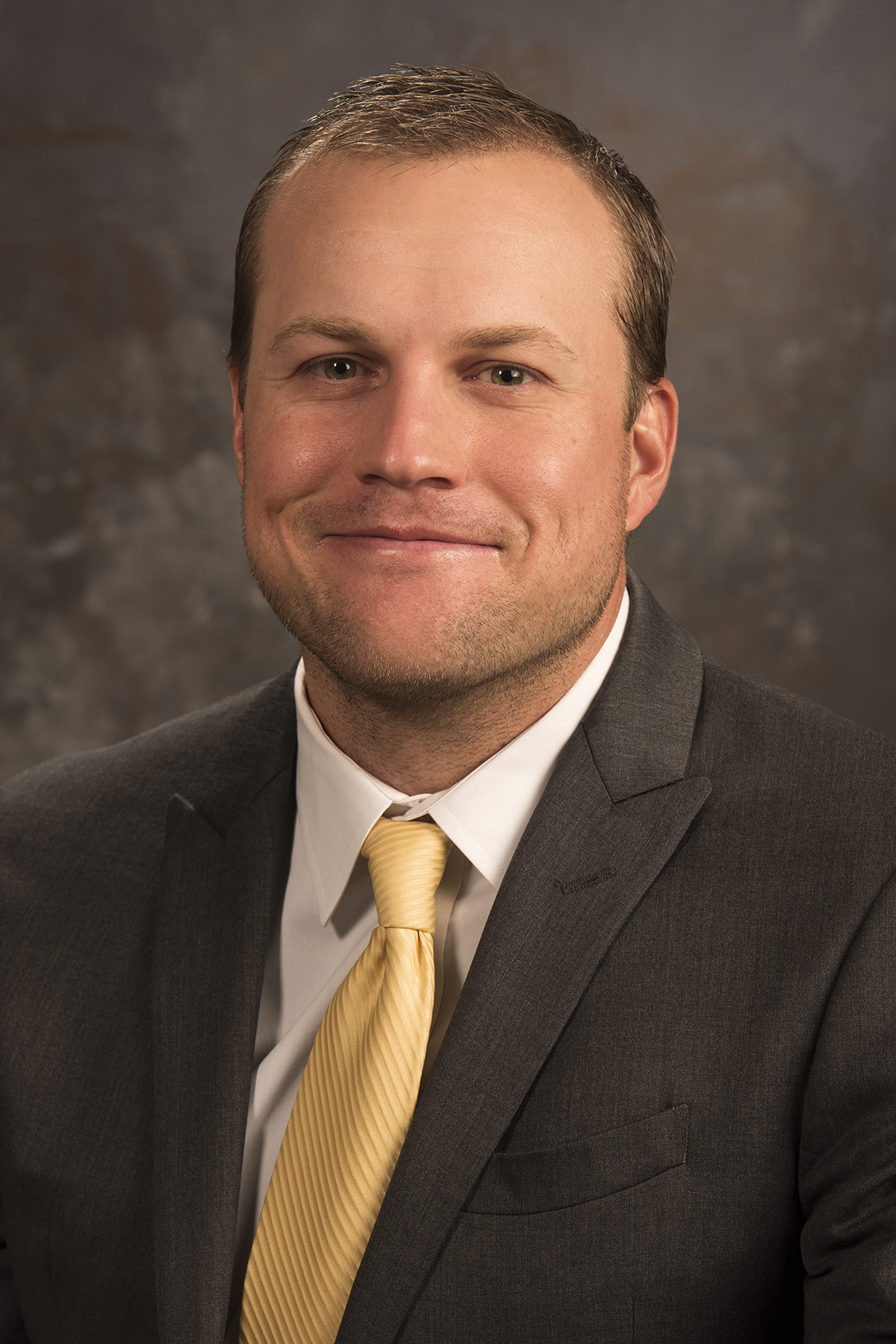
Dr. Kelly Simonton
University of Wyoming
Title of Research Grant Proposal
The Effect of Specialized Content Knowledge on Quality of Practice and Retention in Reciprocal Peer Learning
Purpose of Research Study
This presentation will be given at the AIESEP International Conference, July 4-7, 2023, in Santiago de Chile, Chile.
Authors
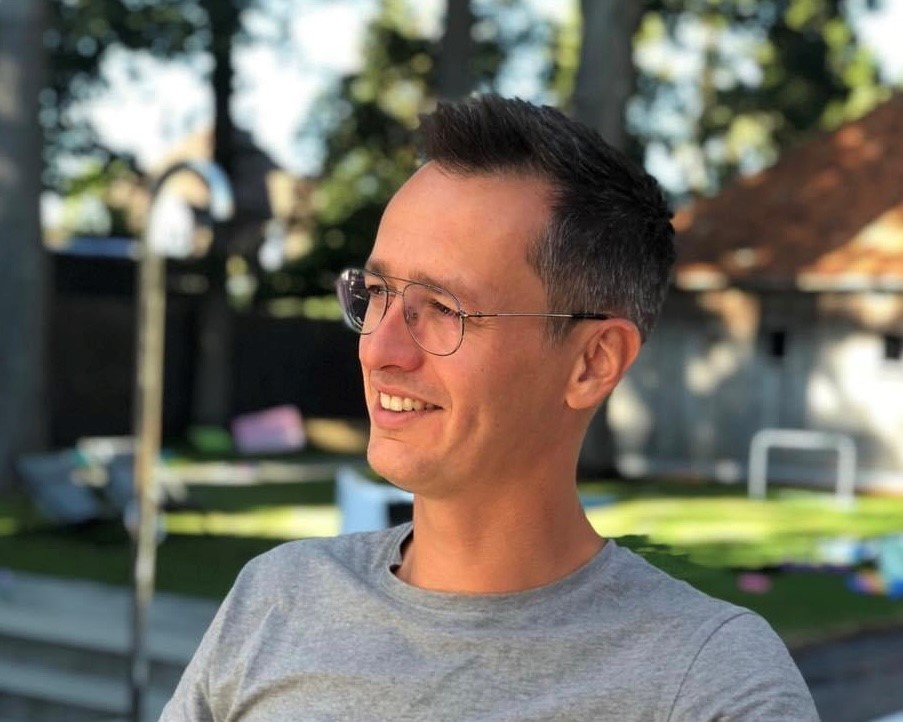
Tom Madou
KU Leuven
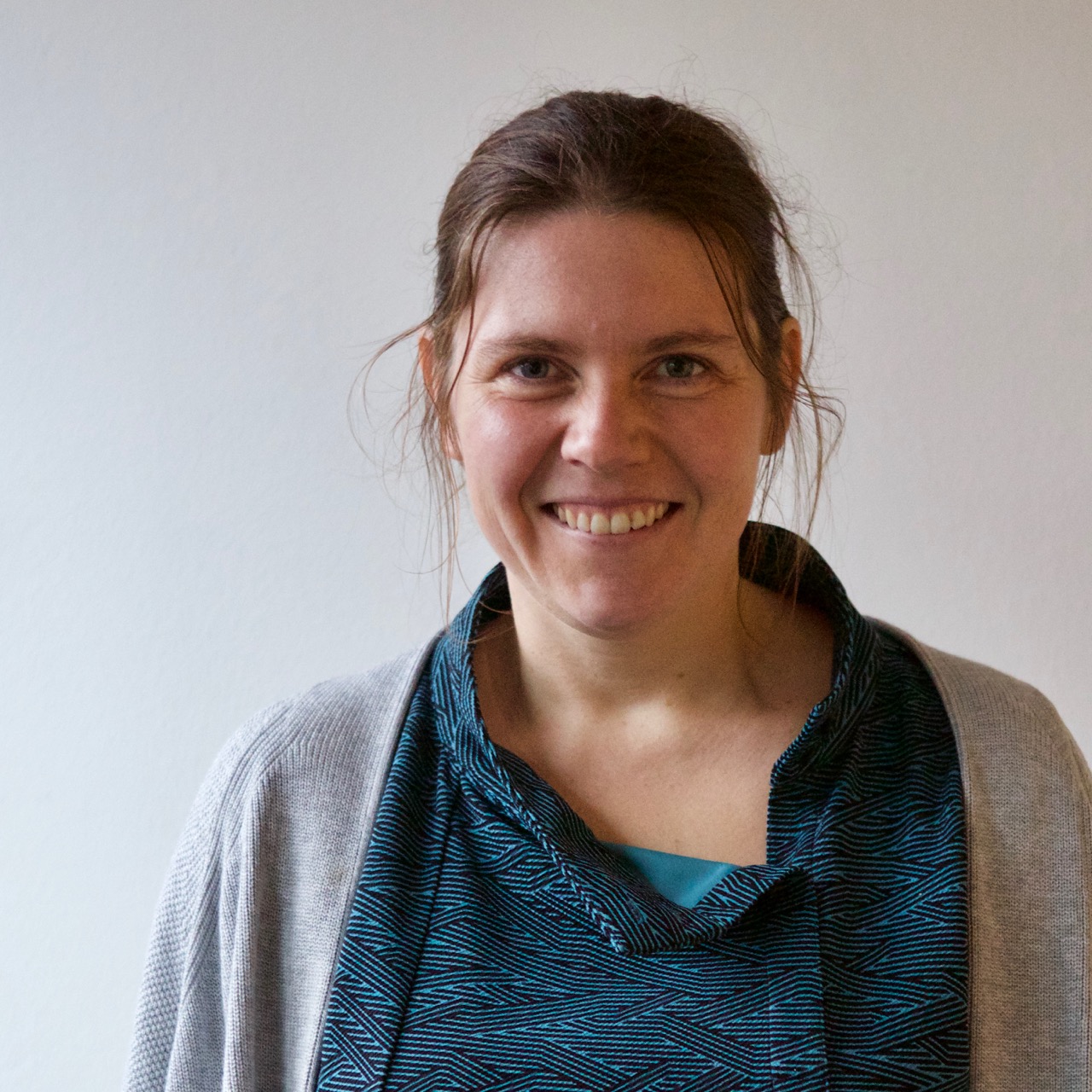
Dr. Fien Depaepe
KU Leuven
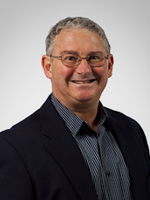
Dr. Phillip Ward
Ohio State University
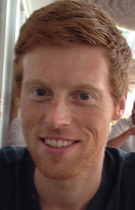
Dr. Peter Iserbyt
KU Leuven